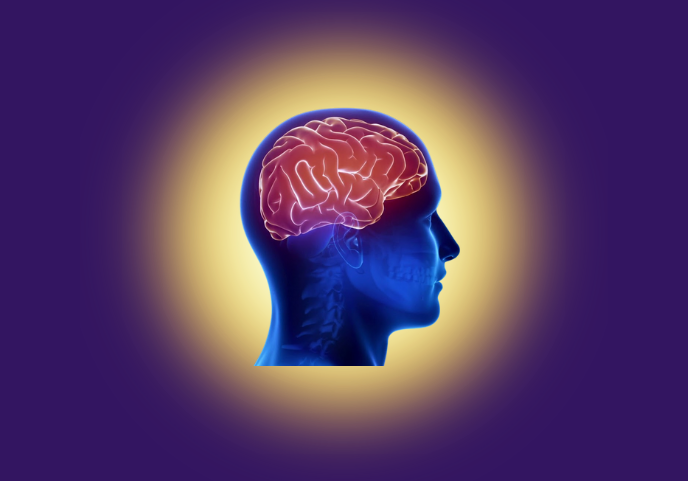
By: Derrick Padykula and Isabelle Wentzel Hallmark of Neurodegeneration Diving into the complex world of neurodegeneration unveils the long road marked by the gradual decline of neuronal cells, ultimately leading to…

By: Derrick Padykula and Isabelle Wentzel Hallmark of Neurodegeneration Diving into the complex world of neurodegeneration unveils the long road marked by the gradual decline of neuronal cells, ultimately leading to…
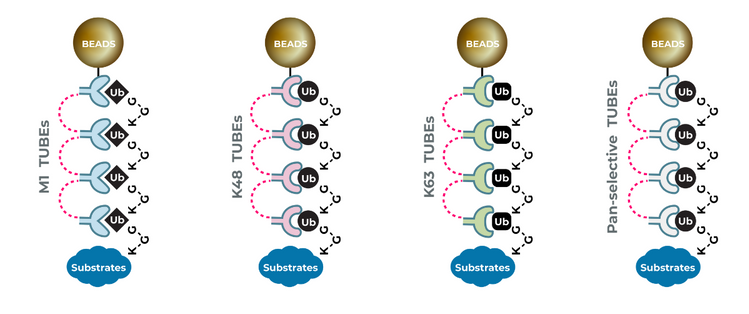
By: Derrick Padykula Ubiquitination, a ubiquitous cellular process, involves attaching ubiquitin to target proteins, influencing crucial cellular functions such as degradation, cell signaling, apoptosis, protein processing, immune response, and DNA…
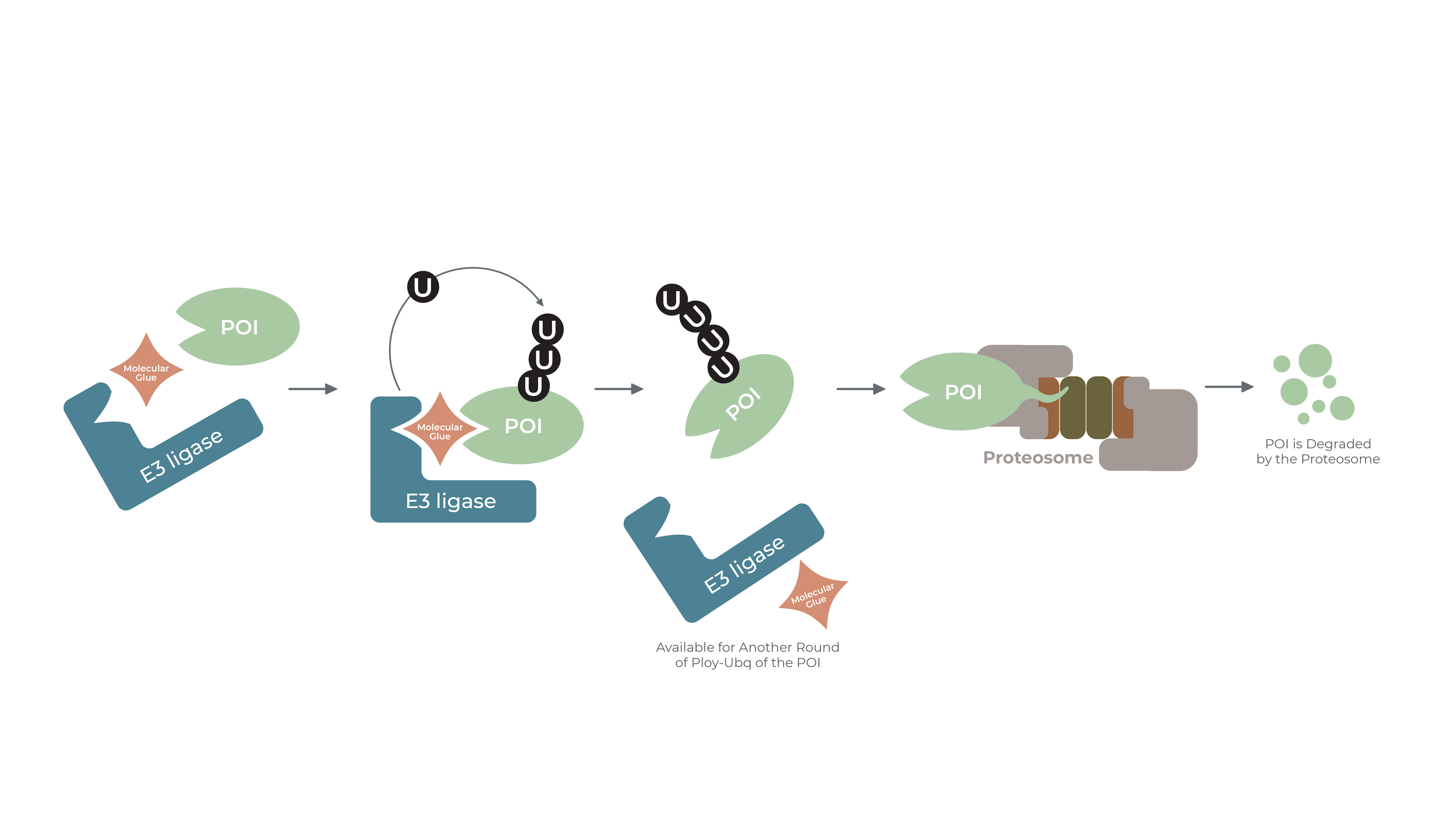
By: Isabelle Wentzel Devastating Origins In the late 1950s and early 1960s, pregnant women who experienced nausea and morning sickness were prescribed thalidomide, a sedative drug meant to treat…
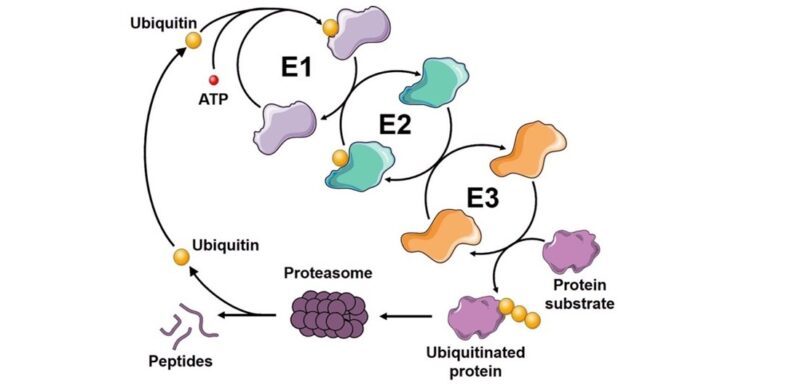
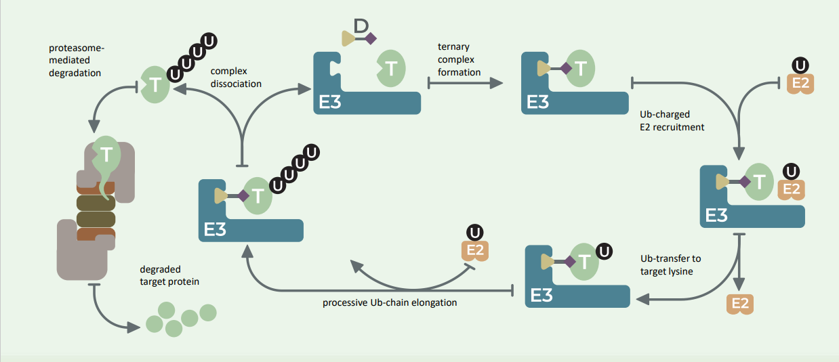
PROTAC Drug Discovery Webinar January 2022
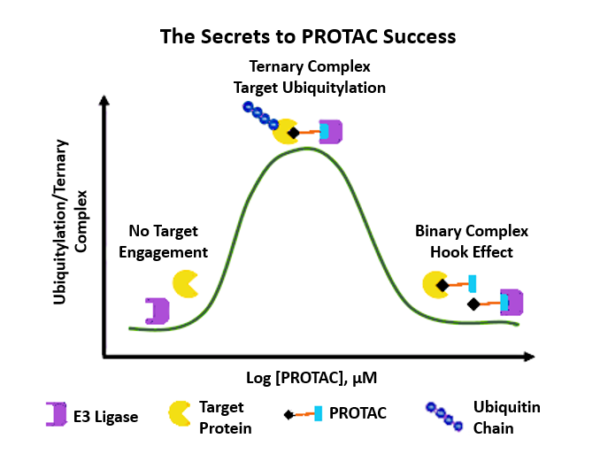
By: Rebekah Varghese, Derrick Padykula, & Jacob Huang All the FDA-approved drugs combined interact with only 2% of the proteins found in human cells, according to Dr. Brent Stockwell, a…
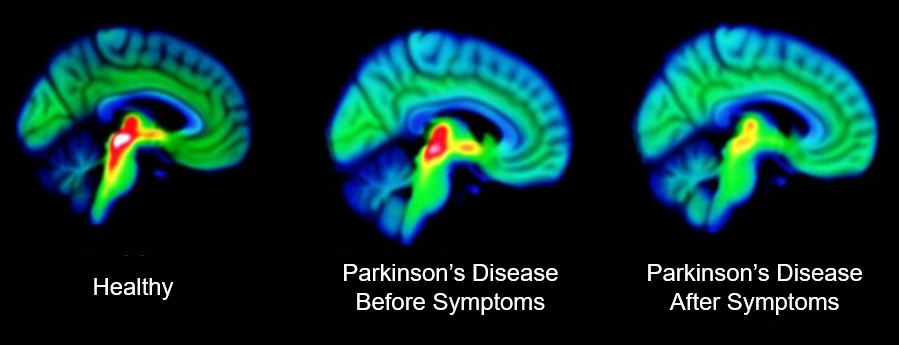
By: Rebekah Varghese and Derrick Padykula Parkinson’s Disease (PD) is the second most common neurodegenerative disease, affecting 1-2% of the population. Now, when you consider the world’s population to be…
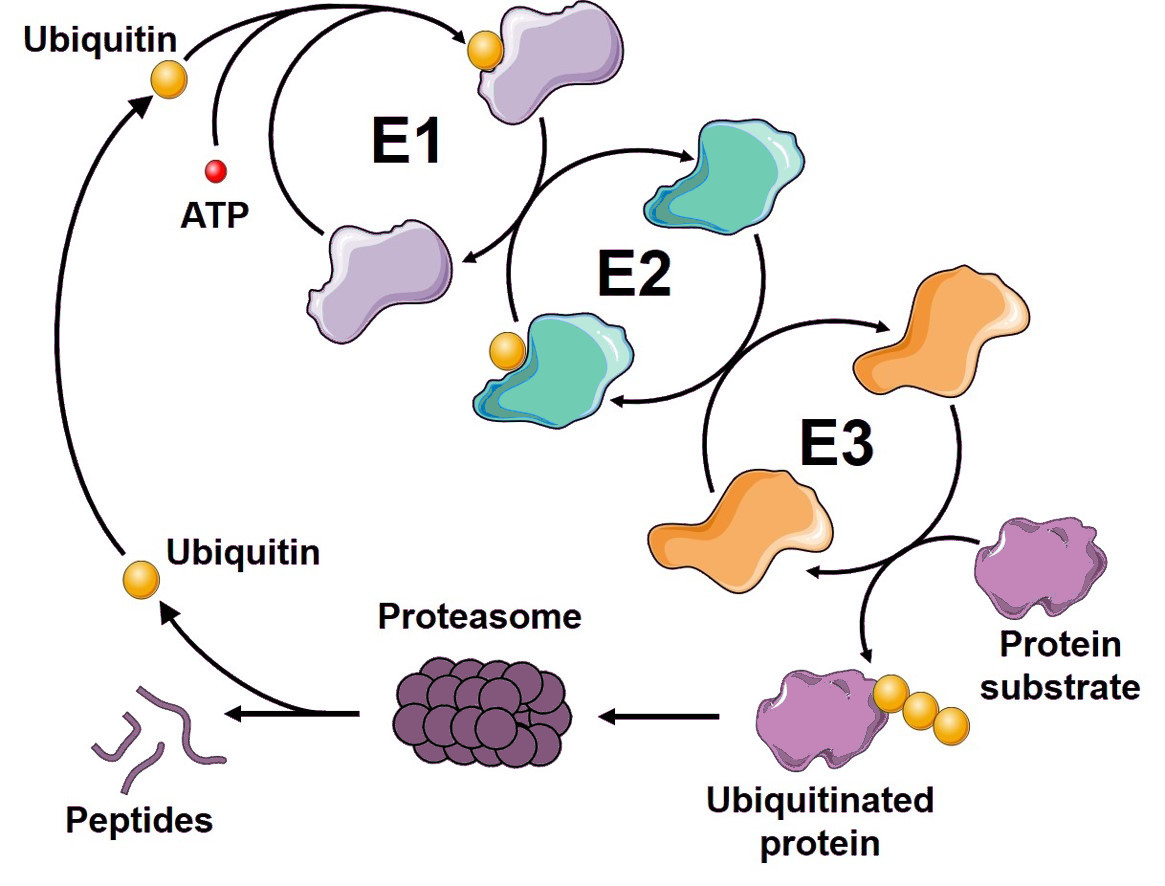
The Ubiquitin-Proteasome System: An Overview The Ubiquitin-Proteasome system (UPS) is a highly complex, temporally controlled and conserved pathway that plays a major role in a myriad on cellular functions….
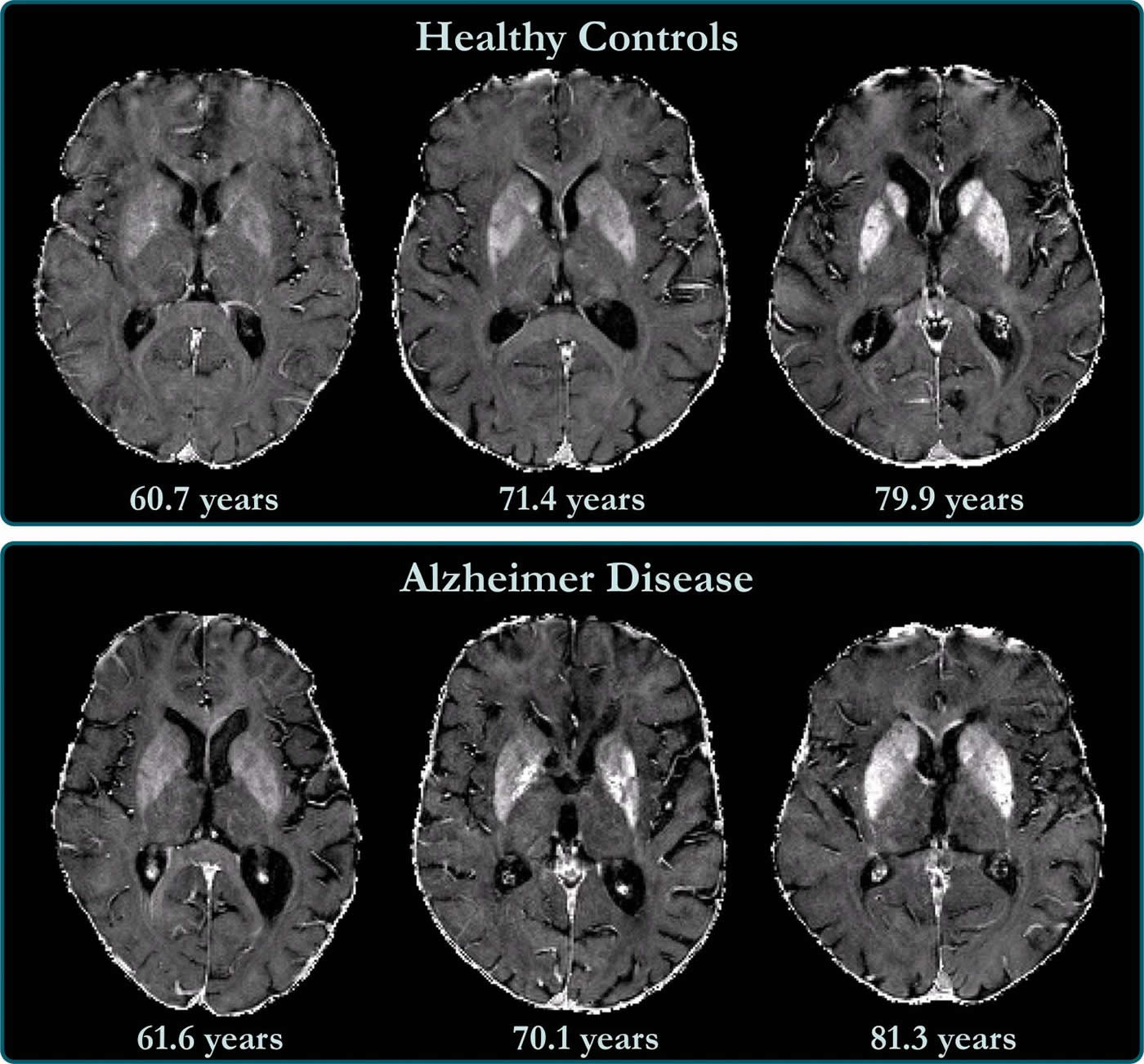
November is a month dedicated to the awareness of Alzheimer’s Disease, an age-related illness of the brain that causes cognitive and physiological decline. LifeSensors has great appreciation for our fellow…
271 Great Valley Parkway
Malvern, PA 19355
Phone: 610.644.8845
Fax: 610.644.8616